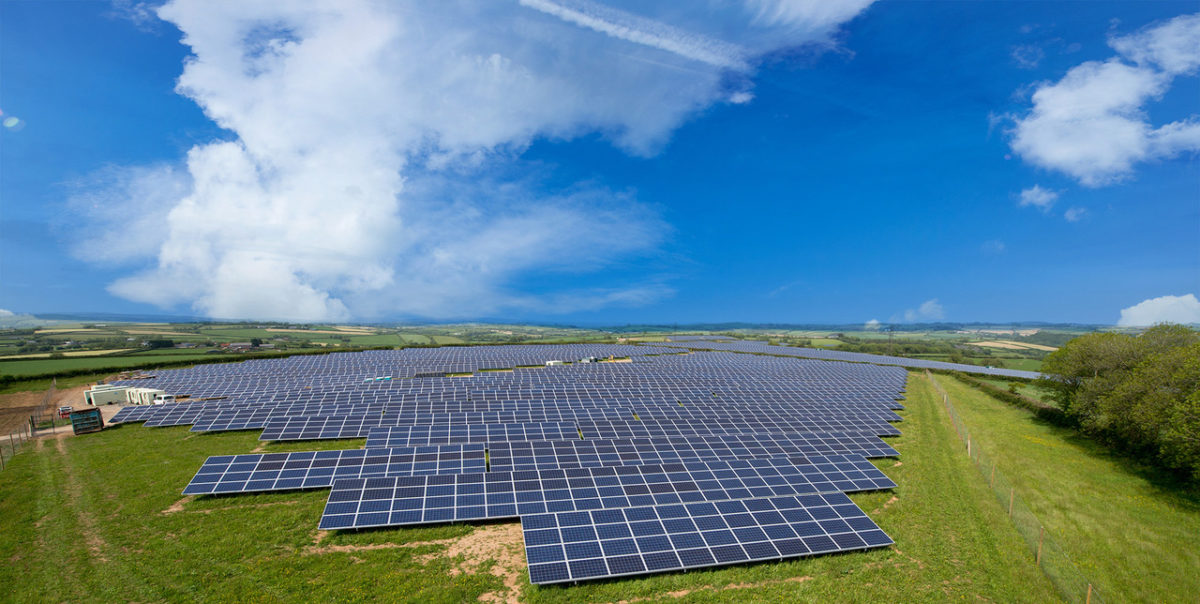Newly installed solar capacity from projects exceeding 4 MW in size has dropped from around 20 GW in the first six months of 2017, to approximately 16 GW in the same period of this year, according to preliminary figures released by U.K.-based Wiki-Solar.org.
Overall, cumulative capacity for solar parks has reached about 160 GW, most of which is deployed in China (56.8 GW), the United States (31.0 GW), India (21.3 GW), the United Kingdom (6.7 GW) and Germany (5 GW).

“2018 may be the first year this decade to fail to set a new record,” Wiki-Solar analysts said in their statement. “India is pressing ahead with competitive tendering for solar capacity at economical grid prices. Meanwhile other markets where solar is a low-cost alternative, such as Chile, Australia and Brazil are increasing their contribution,” said Wiki-Solar’s Philip Wolfe.
Wolfe also stressed that the Spanish PV market is now recovering and that it may soon overcome other mature markets, such as Germany and the U.K., while Japan, France, the Philippines and Thailand are holding their positions by steadily increasing capacity.
China, which saw a 30% decline in the installation of new large-scale solar plants in the first six months of this year, has been mainly responsible for this year’s drop, Wolfe went on to say.
This, however, is being partly offset in countries “where solar is at – or close to – grid parity, and is competing in the commercial energy market,” he said.
This content is protected by copyright and may not be reused. If you want to cooperate with us and would like to reuse some of our content, please contact: editors@pv-magazine.com.




By submitting this form you agree to pv magazine using your data for the purposes of publishing your comment.
Your personal data will only be disclosed or otherwise transmitted to third parties for the purposes of spam filtering or if this is necessary for technical maintenance of the website. Any other transfer to third parties will not take place unless this is justified on the basis of applicable data protection regulations or if pv magazine is legally obliged to do so.
You may revoke this consent at any time with effect for the future, in which case your personal data will be deleted immediately. Otherwise, your data will be deleted if pv magazine has processed your request or the purpose of data storage is fulfilled.
Further information on data privacy can be found in our Data Protection Policy.